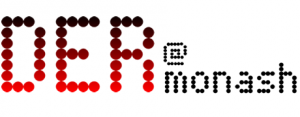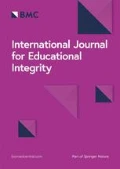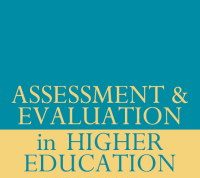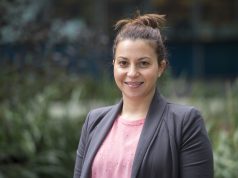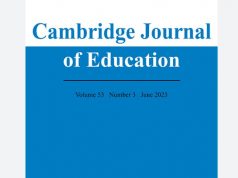Volume 3 – Asia Pacific Education: Language, Literacy and Technology
Volume editors: Dr Julie Faulkner and Dr Katrina Tour
Publisher: Monash University Publishing
Education in Asia Pacific countries is being transformed by globalisation and the market economy. Most economies within the region have flourished due to increased regional capital flow, trade and other forms of economic and political interaction. The Asia Pacific also has rich and unique traditions, which create cultural diversity as well as common challenges, including difference of language and geography.
This volume examines language and literacy learning with digital technologies in Asia-Pacific area. Within the field of language and literacy education, two recent views of the relationships among language, literacy and technology are: (1) use of technologies requires sophisticated digital literacies; and (2) digital spaces and digital literacies provide numerous opportunities for language and literacy learning (Hafner, Chik & Jones, 2015). However, we know that such possibilities are not available to all, and the ‘messiness’ of digital technology needs to be acknowledged (Bigum, 1995; Selwyn, 2011). Rhetoric around digital potentials often sits uneasily within the daily lives of learners in formal learning settings. Policy statements in relation to the learning power of the digital can be at odds with the realities of learning settings. Similarly, the digital divide describes deep access and equity issues across, and within, countries.
This volume aims to explore contextual diversity, challenges and changes surrounding these experiences, both in formal and informal learning contexts in Asia-Pacific countries. The volume provides a space for researchers in the Asia-Pacific area to present their empirical work and discuss how these issues influence and shape language and literacy learning with digital technologies in this particular region.
Areas of interest for contributions to this book include, but are not limited to, the following topics:
- New models of language curriculum in the 21st century
- Digital technologies and language pedagogies
- Tensions and synergies between formal and informal literacy learning contexts
- Social media and learner identity
- Games and literacy
- Digital participation and production
- Opportunities and challenges of web-based language tools
- Critical standpoints on digital literacy policy and practice
- Digital and multimodal literacy assessment
- Issues of equity and access to digital literacies
- Future perspectives on digital theory and practice
To indicate your interest, submit a 200-word abstract and a 70-word bio by the 1st of February to katrina.tour@monash.edu
Important dates:
Abstracts: March 15, 2017
Notification of acceptance: March, 31, 2017
Full draft: September 1, 2017
